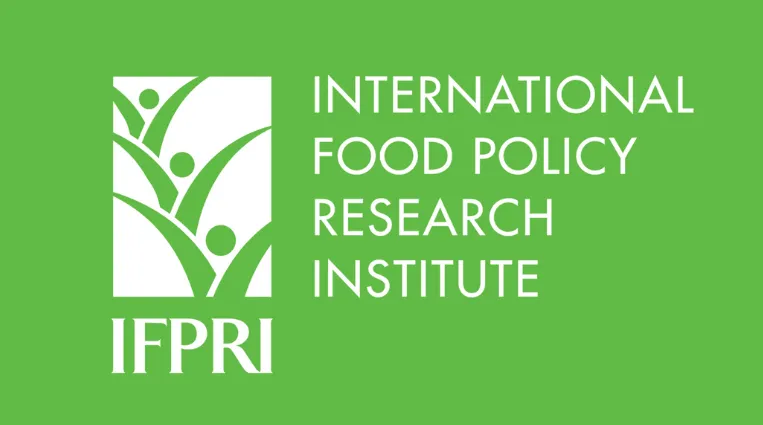Monitoring the Agri-food System in Myanmar 2022 – Understanding the rapid price increase of vegetable oils
18 April 2022

Key findings
- Prices of vegetable oils, and palm oil in particular, have been rising rapidly in the country. Average retail prices rose nationally by 122 percent over the last year (March 2022 compared to March 2021). As vegetable oils typically make up 5 percent of the food expenditures of Myanmar consumers, this price increase is causing significant hardship, especially for poorer households.
- Vegetable oils are less available in retail markets, especially so in conflict-affected areas, compared to the same period last year.
- This lower availability and high prices are leading to lower use: 63 percent of food retailers indicate that less vegetable oils were bought by consumers in March 2022 compared to a year earlier.
- The local price increases and lower availability are explained by: 1) International price increases. Palm oil prices in international markets have gone up rapidly over the last year because of supply issues in producing countries and in the last month in particular because of the crisis in Ukraine (a major sunflower oil supplier). 2) Depreciation of the local currency. The MMK/USD official exchange rate depreciated by 25 percent over the period mid-March 2021 to mid-March 2022. Market rates showed an even higher depreciation. 3) Policy change. The military government put a licensing and import quota system in place, limiting palm oil imports in the country.
Recommended actions
- Licensing, import quota systems, and differential exchange rates seem to lead to lower availability and less transparency in the vegetable oil market. These policies should best be re-evaluated as to assure affordable prices for Myanmar consumers.
- Easing mobility constraints and other measures to ensure efficient trade will facilitate availability in the country overall and in conflict-affected areas in particular.
- To make local oil production more competitive, support is needed for seed growers and oil millers to scale up the existing production capacity and productivity of groundnut, sunflower, and sesame, especially through an improved business setting that includes access to appropriate inputs, credit and capital, and a secure trade environment.
Announcements
21 May 2025
Open letter: Malaysia must lead ASEAN with principle, not hypocrisy, to address the Myanmar crisis

Progressive Voice is a participatory rights-based policy research and advocacy organization rooted in civil society, that maintains strong networks and relationships with grassroots organizations and community-based organizations throughout Myanmar. It acts as a bridge to the international community and international policymakers by amplifying voices from the ground, and advocating for a rights-based policy narrative.
Subscribe
Copyright © 2017 - 2025 All Rights Reserved - Progressive Voice (PV)
Website by Bordermedia